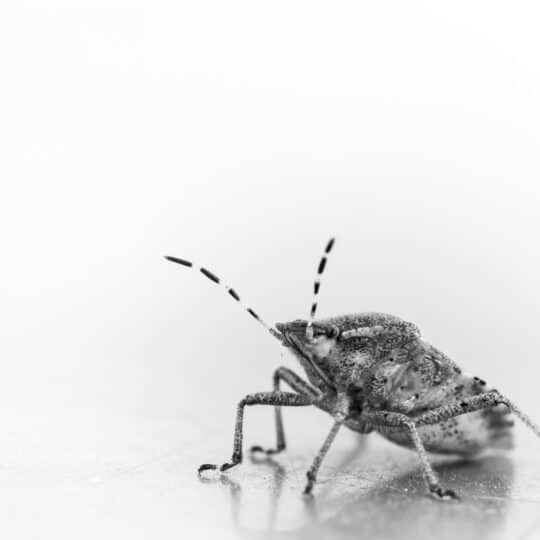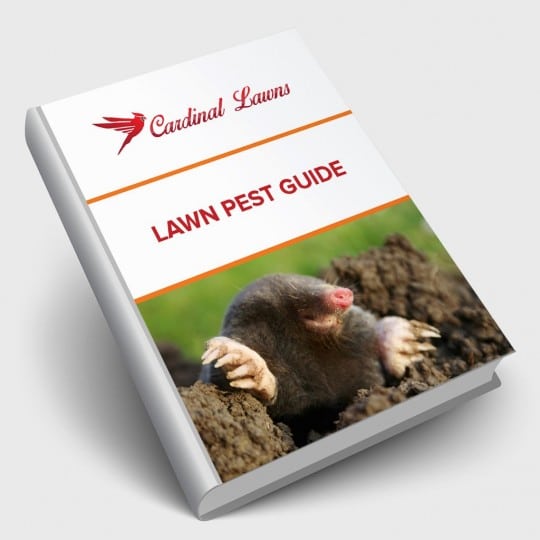Natural Pest Control Solutions
Chemical-Free Products & Restrictions
Posted
October 26, 2023

Now that the weather is getting chilly, certain bugs and wildlife are looking for a cozy place to spend the winter. You can help take your home off the map with some simple, chemical-free options. Learn how to make your lawn less desirable with these natural pest control solutions.
Natural Pest Control Solutions
There are aisles and aisles of pest control products that claim to deter bugs and other wildlife. Some may list natural ingredients, but most contain some sort of chemical combination. There are more natural ways of safeguarding your home from unwanted visitors. Here are a few options.
- Natural garden barriers. Certain plants emit an odor that is naturally offensive to bugs. We’ve all heard of citronella deterring mosquitoes, but here are some other plants to add to your garden that you can enjoy in a pest-free environment: rosemary, basil, thyme, peppermint, garlic, geranium, lavender, marigolds. You can plant these as borders or throughout the garden bed and use cedar mulch as an added layer of protection. Then, when you’re entertaining, add the flowers and herbs to decorative arrangements.
- Soil additives. Help protect the area from the ground up by adding coffee grounds and crushed eggshells around the plants. Crawling bugs like slugs and caterpillars won’t enjoy the bumpy path. You can also sprinkle hot pepper flakes for an additional irritant.
- Prune overgrown plants. If you have large trees in your yard, large mammals may be attracted to the coverage. However, even small trees and shrubs can provide enough cover, especially if it’s overgrown. Keep these plants trim and away from your home to decrease the chances of pests hiding out and wandering inside.
Restricting Access
Sometimes it’s not the product you use, but it’s the limited access to resources that deter pests.
- Physical barriers. Most pests are tiny creatures able to fly or crawl to great heights and squeeze through small openings. This is why it’s even more important to seal any cracks around windows, doors, or openings around the garage or shed. For larger openings, fill with steel wool and caulk gaps. If the area requires venting—like roofs—reinforce with wire mesh.
- Close the kitchen. Many pests are simply looking for food. You can take your trash off the menu by keeping garbage bins tightly sealed and not keeping pet food outside.
- Clear the area. Some pests are more interested in places to hide. They’ll nest in wood piles, rock gardens, and piles of dirt or under your shed, dog house, playhouse, or other large items left out in the lawn. Clear any clutter and block any openings under structures.
Professional Pest Services
If you’ve tried these natural methods but are still finding pests in and around your home, you still don’t have to resort to chemicals right away. Contact Cardinal Lawns for a professional opinion. After an evaluation of your home and the type of pest you’re dealing with, our specialists can help you find the best control solution.

Download Your FREE Lawn Pest Guide
Pests become most prevalent during the heat and humidity of summer. Take some time to learn about the signs of infestations before any damage can be caused to your landscape. This handy guide will teach you how to spot common lawn pests and how to keep them from causing harm to you and your property.